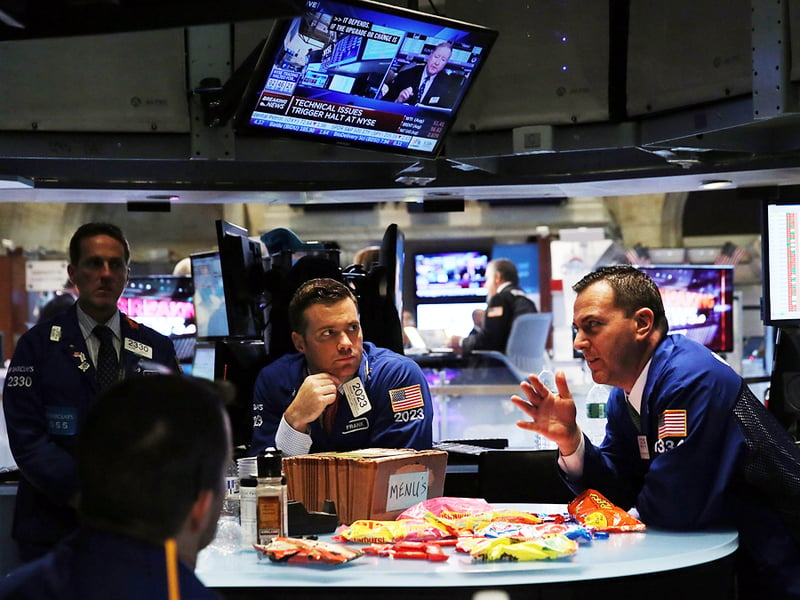

#NYSE Trading Halted.
Has your #roboadvisor called you yet to discuss?
— Jon Ulin, CFP® (@JonUlin) July 8, 2015Its days like this that @NYSE goes down and EVERYTHING is communicated through @twitter Tweeting from @cnbc @scotus @NYSE #NYSE $TWTR
— Carter Mansbach (@CarterMansbach) July 8, 2015
Experts flag potential risks for seniors as headline readings for July obscure higher jumps in key price categories.

Emerson Equity and its advisor, Tony Barouti, were likely the largest sellers of defunct GWG L bonds.

The President's comments on social media came after analysts sounded notes of caution on the impact on consumer prices.

The order from the White House would bend fiduciary principles to benefit the alternative investments industry alone, argues the Institute for the Fiduciary Standard.

A federal judge denied CEO and managing principal James Lukezic's urgent bid to halt FINRA discipline over $1.1 million in trades, putting industry compliance under the microscope.
Orion's Tom Wilson on delivering coordinated, high-touch service in a world where returns alone no longer set you apart.
Barely a decade old, registered index-linked annuities have quickly surged in popularity, thanks to their unique blend of protection and growth potential—an appealing option for investors looking to chart a steadier course through today's choppy market waters, says Myles Lambert, Brighthouse Financial.
